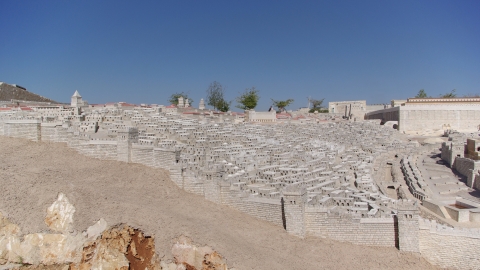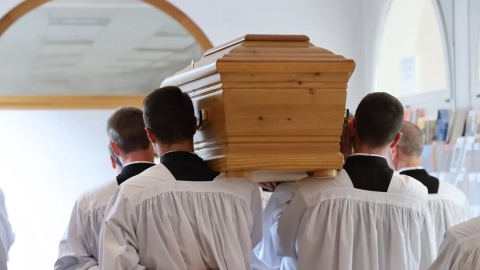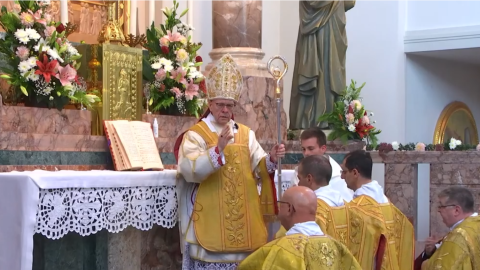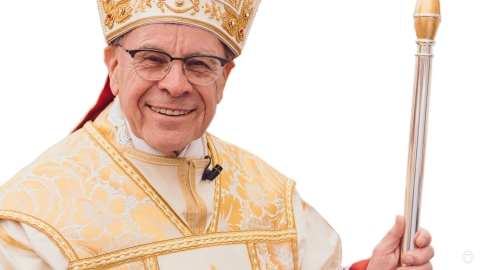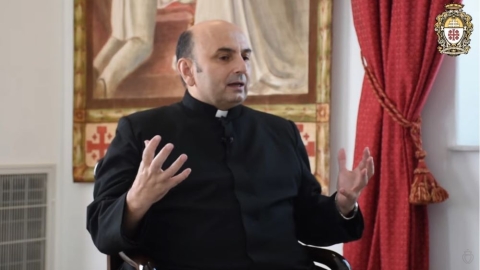Cases of Apostacy Are Getting Undue Media Exposure in France

Several French dioceses claim it is a purely anecdotal phenomenon, but formal apostacy requests have increased since the end of August, and these demands to be “de-baptized” are enjoying a veritable orchestra of publicity in the media.
On August 28, 2018, Fr. Bernard Xibaut, chancellor of the diocese of Strasburg, saw fit to reveal on the radio station France Bleu Alsace that his diocese had received five apostacy requests. Two of them were directly connected to Pope Francis’ statements on August 26. On his flight back to Rome from Dublin, the pope advised parents of homosexual children to have them “consult a psychiatrist”.
This was enough to set the media off talking about “waves of letters requesting apostacy”. Fr. Xibaut clarified:
We are undeniably going through a bit of a fever that could prove worse than those that came before. But the majority of the letters come from faithful who had already apostatized in their hearts.
The diocese of Strasburg receives about thirty requests a year, which is an average of two per month. But this phenomenon is not occurring only in the Alsatian diocese. In Toulouse, Fr. Christian Teysseyre, chancellor of the diocese, confirmed on September 4 that he had received several letters of the same sort. “It is still too soon to speak of a widespread phenomenon,” he declared to the newspaper La Croix. They are often written as a "reaction to a declaration hyped up by the media, to some triggering factor.” He has received three letters in ten days, whereas he usually receives only two per month.
As for the chancellery of the diocese of Paris, Fr. Jean-Marie Dubois has confirmed that every “event connected with the Church” causes an increase in apostacy requests that, he believes, are the result of “websites providing letters that people can simply recopy and send to their diocese.” One of these sites enables people to write a ‘letter of de-baptism’ (sic) in just a few clicks”.
In the absence of official statistics, a study by the journal Le Monde in 2008 reported a thousand apostacy requests a year, which is about a dozen in each diocese.
It is important to recall that Baptism – just like Confirmation and Holy Orders – is one of the three sacraments instituted by Christ that imprint on the soul an indelible sign called a “character”.
A request for “de-baptism” is both useless and out of place: it produces no effect in the soul of the person, who remains forever a member of the Church, reborn to divine grace by the erasing of original sin and of all his personal sins. However, an act of apostacy such as this does have canonical and legal consequences, since it is mentioned in the baptismal register.
The apostate can enjoy the spiritual benefits of the Church again only one he has made public amends.
Sources: La Croix / FSSPX.News – 9/11/2018
